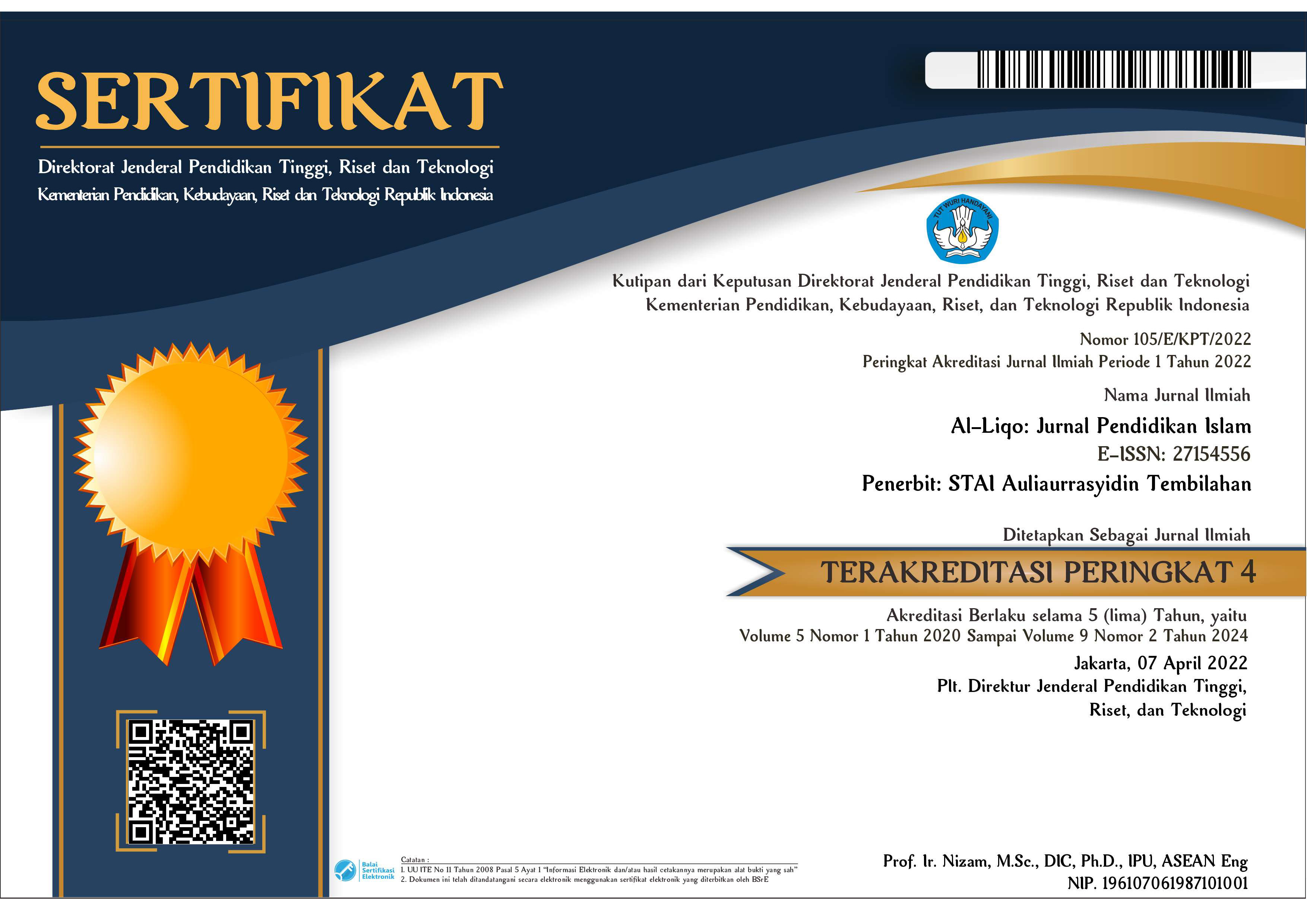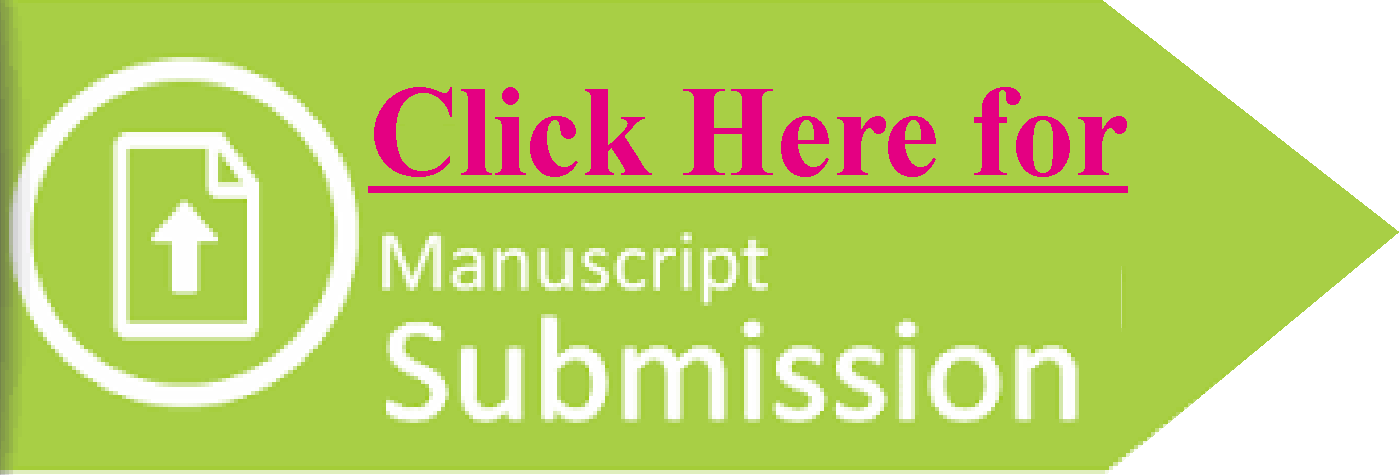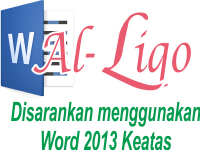Perkembangan Pendidikan Islam masa Nabi Muhammad SAW Periode Makkah
DOI:
https://doi.org/10.46963/alliqo.v6i2.397Keywords:
Islamic Education, Prophet Muhammad, Period of MeccaAbstract
This study aims to find out how the history and development of education at the time of the Prophet Muhammad SAW. Makkah period, To find out the education system at the time of the Prophet Muhammad. Makkah period, to find out how the methods of education at the time of the Prophet Muhammad SAW. Mecca period and to find out the educational values contained in the da'wah of the Prophet Muhammad SAW during the Mecca period. The research method that is relevant to this context is to use a qualitative research method with a contextual reflective approach, namely the theory found in historical books and verses of the Koran and the Hadiths of the Prophet Muhammad SAW. analyzed or interpreted according to the problem under study. While the results of this study are that, Islamic education has existed since the Prophet Muhammad. alive and it is he who laid the foundation with many examples to take. It can be seen from the production of Islamic generations, as well as found a noble civilization as recorded in world history about the glory of Islamic civilization changing the world from darkness to true enlightenment.
Downloads
References
Al-Mubarakfury, Shofiyyurrahman. (1994). Ar-Rahiq Al-Makhtum , Riyadl: Dar al-Islam.
Asari, Hasan. (1994). Menyingkap Zaman Keemasan Islam: Kajian Atas Lembaga-Lembaga Pendidikan, Mizan.
Asari, Nizar. (1994). Pemikiran Dalam Dalam Islam, Beirut: Dar Ibn Katsir
Departemen Pendidikan Nasiona. (2005). Kamus Besar Bahasa Indonesi. Edisi III, Jakarta, Balai Pustaka.
Ekawati, Yuli (2011). makalah pengertian, objek dan manfaat mempelajari sejarah pendidikan islam di indonesia, program studi pendidikan agama Islam sekolah tinggi agama Islam negeri (stain) ponorogo.
Luxfiati, Siti Zainab. (2007). Cerita Teladan 25 Nabi dan Rasul, Jakarta:Dian Rakyat.
M. Zainuddin. (2012). Paradigma Pendidikan Islam Holistik dalam Ulumuna Volume XV Nomor 1 Juni 2011. Lihat dalam M. Zainuddin, Paradigma Pendidikan Islam Holistik dalam Ulumuna Volume XV Nomor 1 Juni 2011. Lihat dalam http://www.iainmataram.ac.id/files/04_Paradigma Pendidikan Islam Holistik_ M. Zainuddin.pdf
Mahbub, Abbas (1987). Ushul al-Fikri at-Tarbawy fi al-Islam, Beirut: Dar Ibn Katsir.
Nasr, Sayyed Hossein. (1995). Kekasih Allah Muhammad Kedalaman spiritual dan Arti Batiniah berbagai episode kehidupannya. Terj. R. Soerjadi Djojopranoto. Cet. ke-1. Jakarta: PT Raja Grafindo Persada.
Nata, Abuddin. (2005). Filsafat Pendidikan Islam, Jakarta:Garya Media Pratama.
Nizar, Samsul. (2007). Sejarah PendidikanIslam: Menelusuri Jejak Sejarah Era Rasulullah Sampai Indonesia.Jakarta: Kencana.
Rif'an. (2012). Jurnal konsep pendidikan islam di masa rasulullah:Periode makkah dan madinah.
Soekarno, (1990). Sejarah dan Filsafat Pendidikan Islam, Bandung:Angkasa.
Supardi. (2005). Metode Penelitian Ekonomi dan Bisnis, Yogyakarta: UII Press.
Suwito. (2005). Sejarah Sosial Pendidikan Islam, Jakarta:Kencana.
Tafsir, Ahmad. (tt). Metodik Khusus Pendidikan Agama Islam, Bandung: PT. Remaja Rosdakarya.
Teguh, Muhammad. (1999). Metode Penelitian Ekonomi Teori dan Aplikasi, Jakarta: PT. Raja Grafindo Persada.
Tim Dosen Pendidikan Agama Islam. (2004). Al-Islam, Medan: Percetakan Unimed.
Yatim, Badri. (2000). Sejarah Peradaban Islam, Jakarta:Raja Grafindo Persada.
Downloads
Published
Issue
Section
License
Authors who publish with this journal agree to the following terms:
1. Copyright on any article is retained by the author(s).
2. The author grants the journal, right of first publication with the work simultaneously licensed under a Creative Commons Attribution shareAlike 4.0 International License that allows others to share the work with an acknowledgment of the work’s authorship and initial publication in this journal.
3. Authors are able to enter into separate, additional contractual arrangements for the non-exclusive distribution of the journal’s published version of the work (e.g., post it to an institutional repository or publish it in a book), with an acknowledgment of its initial publication in this journal.
4. Authors are permitted and encouraged to post their work online (e.g., in institutional repositories or on their website) prior to and during the submission process, as it can lead to productive exchanges, as well as earlier and greater citation of published work.
5. The article and any associated published material is distributed under the Creative Commons Attribution-ShareAlike 4.0 International License







2.png)



